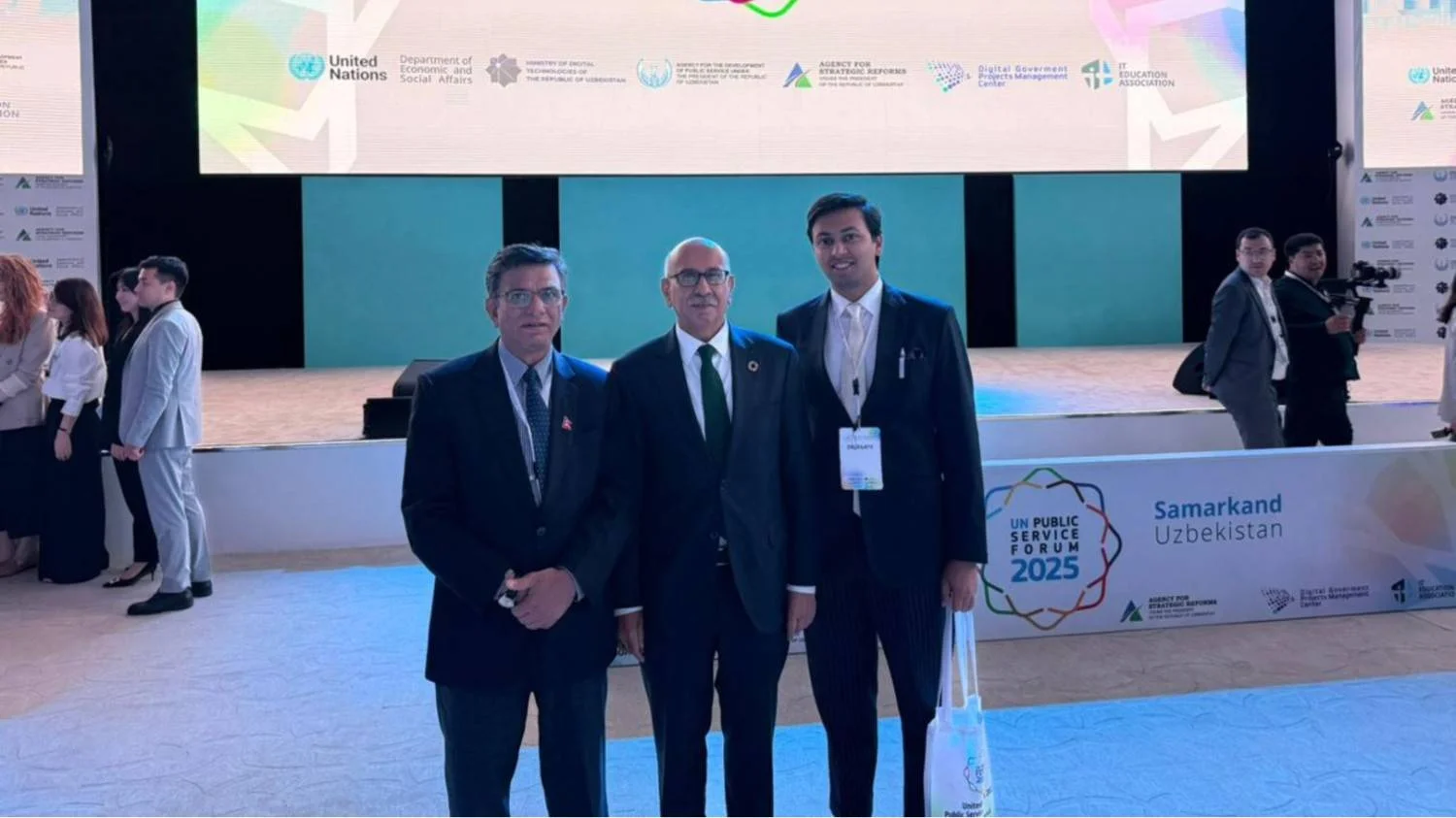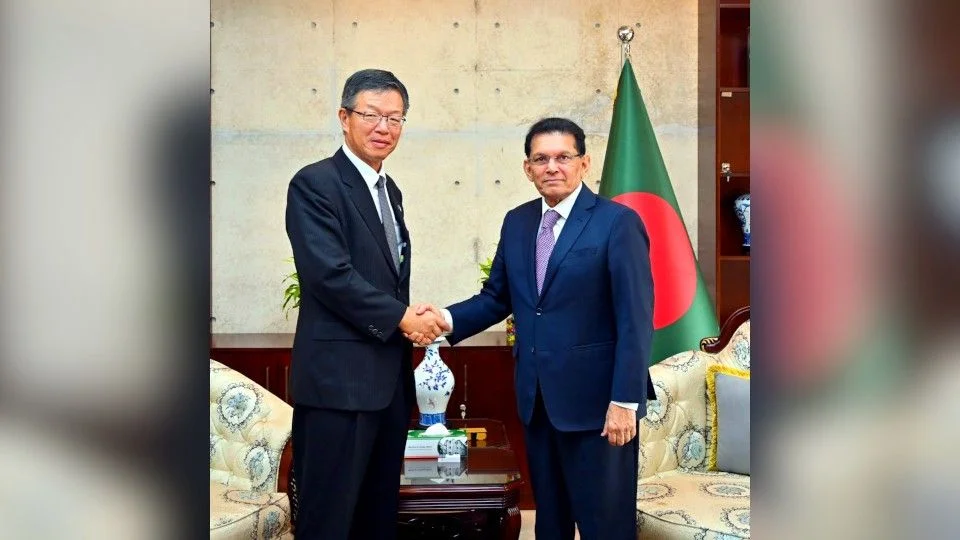Tanka Mani Sharma Dangal, a retired Nepalese bureaucrat with over four decades of government service, reflects on lessons from the UN Public Service Forum 2025 and their implications for Nepal’s public service reform. Dangal emphasizes that alongside digitalisation, Nepal must prioritize business process re-engineering, robust cybersecurity, and strengthening digital skills among civil servants and citizens.
Drawing on his diverse experience across public administration, financial management, and auditing, Dangal stresses that reform is urgent given widespread citizen dissatisfaction with public service delivery, especially in a digital age marked by confusion and delays.
The UN forum in Uzbekistan highlighted four key takeaways: AI holds transformative but fragmented potential and needs foundational investment; innovation must be citizen-centric and collaborative; civil service capacity-building is crucial for ethical and effective AI adoption; and lasting innovation requires cultural change, leadership, and a long-term vision.
Nepal’s ongoing public service reform follows its 2019 Digital Nepal Framework, focusing on eight sectors, including health, agriculture, education, and finance. While significant strides have been made—with IT systems supporting identity management, taxation, financial transactions, and social security—the reality on the ground still sees confusion due to hybrid manual-digital systems and generational digital skill gaps.
Dangal notes Nepal’s impressive IT progress, from limited computer rooms to modern digital payments and treasury systems, but warns of fragmented regulation and inconsistent information that hinder efficient service delivery.
The path forward demands sustained political commitment, a dedicated coordinating agency akin to a Ministry of Public Service, and a multifaceted strategy embracing AI, innovation, capacity building, and mindset shifts. Training must evolve to prioritize citizen-centric services and digital literacy, empowering citizens to engage more effectively with government.
Dangal concludes that comprehensive and sustained reform is critical for realizing public service as a fundamental citizen right and for fostering national development. Sharing Nepal’s progress on international platforms and learning global best practices will further accelerate transformation.















